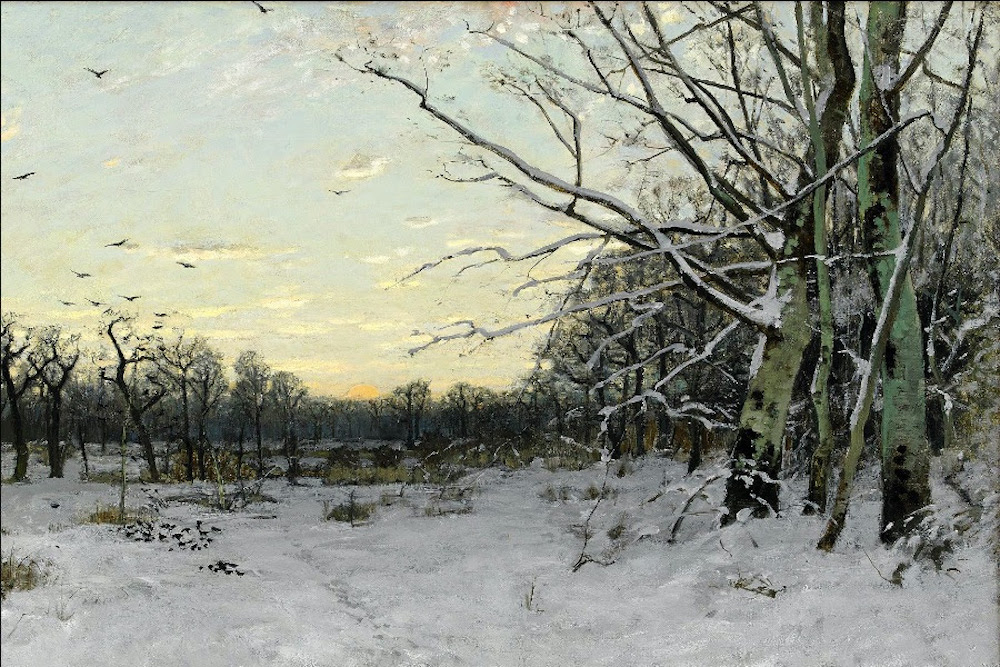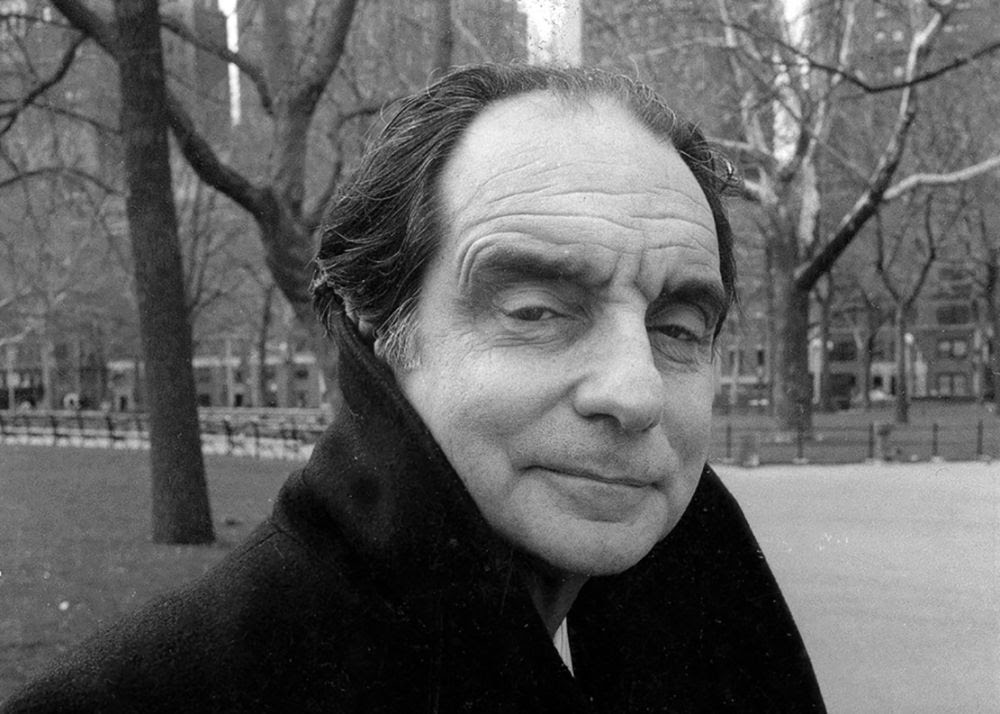Every week, the editors of The Paris Review lift the paywall on a selection of interviews, stories, poems, and more from the magazine’s archive. You can have these unlocked pieces delivered straight to your inbox every Sunday by signing up for the Redux newsletter.
Spring may be around the corner, but this week, we’re taking one last look at winter. Read on for Italo Calvino’s Art of Fiction interview, Deborah Love’s story “One Winter,” and Rohan Chhetri’s poem “New Delhi in Winter.”
If you enjoy these free interviews, stories, and poems, why not subscribe to The Paris Review? You’ll also get four new issues of the quarterly delivered straight to your door.
Italo Calvino, The Art of Fiction No. 130
Issue no. 124 (Fall 1992)
By then I had reached a level of obsession with structure such that I almost became crazy about it. It can be said about If on a Winter’s Night a Traveler that it could not have existed without a very precise, very articulated structure. I believe I have succeeded in this, which gives me a great satisfaction. Of course, all this kind of effort should not concern the reader at all. The important thing is to enjoy reading my book, independently of the work I have put into it.

Hermann Dischler, Abendliche Winterlandschaft mit Tannen, 1907, oil on canvas, 7 x 10 3/4″. Public domain, via Wikimedia Commons.
One Winter
By Deborah Love
Issue no. 50 (Fall 1970)
This morning the snow is falling again. It has already filled in the ruts in the drive. The snow makes me happy. Under it tired landscapes concede, errors disappear, and sin is borne under, the whiteness an absolute of infinite possible beginnings.
The baby is still asleep and I wander about the house looking out of the windows. From the kitchen I can see the fields, which go on and on like a vast white sea glazed by sunlight. A pattern of weather has set in. The morning clears and we can watch the spot of sun breaking the gray surround. By early afternoon it closes in again and the gray becomes dotted with white as the snow begins to fail. When the snow is falling the temperature rises as high as 20° but by late afternoon the sky clears and it drops again to zero.
In these warm interludes I take the baby out. She walks over the crust while I break through and flounder in the drifts. It frightens me to imagine I will not be able to climb out of my own footshafts. There I will thrash and make deeper and deeper the cave I am creating, while the baby crawls away to freeze and die.

Carl Skånberg, Vinterlandskap i skymning, 1880, oil on canvas, 26 3/4 x 49 1/8″. Public domain, via Wikimedia Commons.
New Delhi in Winter
By Rohan Chhetri
Issue no. 234 (Fall 2020)
Those mornings in the last days of December,
as the smog deepened over the mausoleum
& the ghost of the emperor’s first wife
lingered about the four gardens, weeping
over her dead child
until a solitary jogger tore the curtain of fog
with a flashlight, making her flee
through a chink in the heavy lid of the small red tomb,
I rose at dawn, washed my face with water
cold as needles & went to work, stomach taut
as deerskin stretched over the seat of a chair.
On the terrace garden above my office,
I drank coffee & smoked a long cigarette
as something unnameable loosened its grip on my neck.
I remember thinking then, This cannot be
the worst of my days, but mostly I remember
myself in some variation of afraid.
Why, I can’t tell …
And to read more from the Paris Review archives, make sure to subscribe! In addition to four print issues per year, you’ll also receive complete digital access to our sixty-eight years’ worth of archives.
from The Paris Review https://ift.tt/384j0an

Comments
Post a Comment